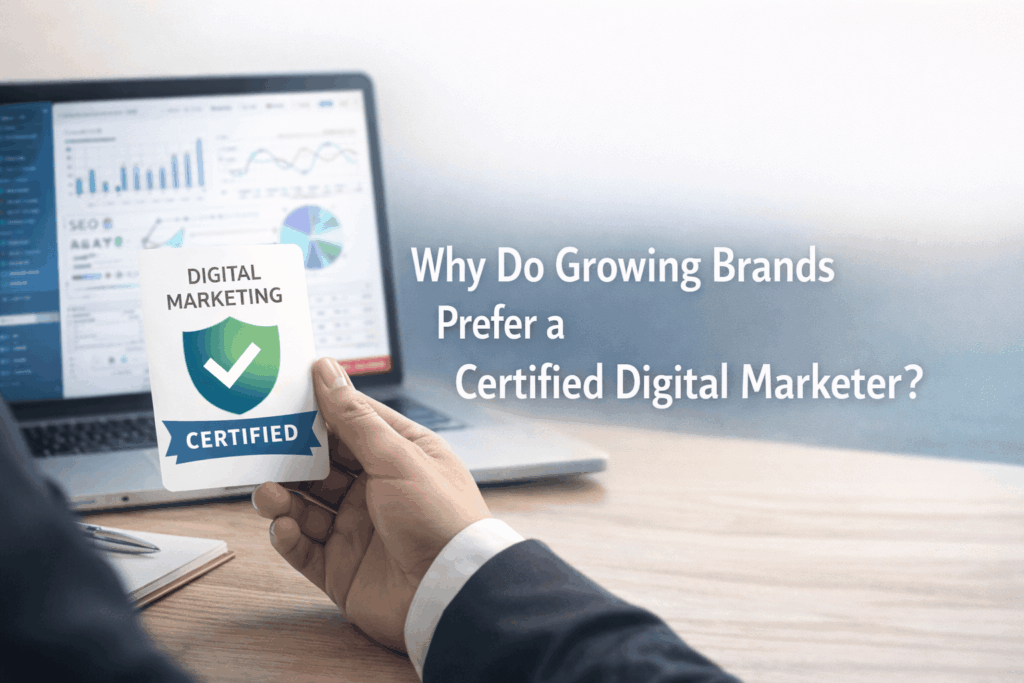In today’s digital landscape, small businesses must leverage Search Engine Optimization (SEO) to compete with larger brands. However, many small business owners assume SEO is expensive and out of reach. The truth is that effective SEO doesn’t have to break the bank. With the right strategies, even small businesses can improve their online visibility, attract customers, and grow sustainably. In this article, we’ll explore affordable SEO strategies tailored for small businesses.
Why SEO Matters for Small Businesses
SEO helps small businesses achieve higher rankings on search engines, making it easier for potential customers to find them. Unlike paid ads, which require ongoing investment, SEO provides long-term benefits by improving organic search visibility. A well-executed SEO strategy can:
- Increase website traffic
- Improve brand credibility
- Generate leads and sales
- Provide a competitive edge
Affordable SEO Strategies for Small Businesses
Keyword Research on a Budget
Understanding what your customers are searching for is the foundation of SEO. Fortunately, there are several free and low-cost tools to help you find relevant keywords:
- Google Keyword Planner – Free tool to discover keywords and search volumes.
- Ubersuggest – Provides keyword ideas and competition analysis.
- AnswerThePublic – Helps identify long-tail keyword opportunities.
Focus on long-tail keywords, which are less competitive and more specific, making it easier for small businesses to rank higher.
Optimize Your Google Business Profile
For local businesses, Google Business Profile (GBP) is a powerful tool. Ensure your listing is complete and optimized with:
- Accurate business information (name, address, phone number)
- High-quality images
- Positive customer reviews
- Regular updates and posts
This free tool can significantly improve local search rankings and attract nearby customers.
On-Page SEO: DIY Optimization
Small businesses can handle many on-page SEO elements themselves, including:
- Title Tags & Meta Descriptions: Craft compelling and keyword-rich titles and descriptions.
- Header Tags (H1, H2, H3): Structure content properly for readability and SEO.
- Alt Text for Images: Describe images with relevant keywords for better indexing.
- Internal Linking: Link to relevant pages within your site to improve navigation and SEO strength.
Content Marketing: Blogging and More
Publishing high-quality content is an affordable way to boost SEO. Focus on:
- Blog Posts: Answer customer questions and address industry trends.
- FAQs: Create dedicated pages answering common customer queries.
- Videos: Use YouTube and social media to enhance engagement and SEO.
Aim for valuable, shareable content that naturally attracts backlinks.
Local SEO and Directory Listings
For brick-and-mortar businesses, local SEO is essential. Ensure your business is listed on:
- Google Business Profile
- Yelp
- Bing Places
- Industry-specific directories
Consistency in NAP (Name, Address, Phone Number) across all listings improves local rankings.
Link Building: Quality Over Quantity
Earning high-quality backlinks improves authority and rankings. Affordable ways to build links include:
- Guest Blogging: Write for industry-related websites.
- Local Partnerships: Get mentioned on local business websites.
- Social Media Engagement: Share content to increase organic backlinks.
Avoid spammy link-building techniques that could lead to penalties.
Leverage Social Media for SEO
While social media signals don’t directly impact rankings, they boost visibility and engagement. Small businesses should:
- Post regularly on Facebook, Instagram, Twitter, and LinkedIn.
- Encourage social sharing of website content.
- Interact with followers to build a loyal audience.
Mobile Optimization and Site Speed
Google prioritizes mobile-friendly and fast-loading websites. Use tools like:
- Google’s Mobile-Friendly Test to check mobile compatibility.
- PageSpeed Insights to analyze and improve load times.
- Compress Images and use lightweight themes for better performance.
DIY SEO Tools and Resources
There are plenty of budget-friendly SEO tools that small businesses can use:
- Yoast SEO (WordPress plugin) – Helps optimize on-page SEO.
- Google Search Console – Tracks performance and indexing issues.
- MozBar (Free Chrome Extension) – Provides quick SEO insights.
Affordable SEO Services and Freelancers
If DIY SEO feels overwhelming, consider affordable options like:
- Freelancers on Fiverr or Upwork – Hire experts for specific tasks like keyword research or content creation.
- SEO Subscription Services – Some agencies offer budget-friendly monthly SEO plans.
- Local SEO Agencies – Smaller firms often provide cost-effective solutions compared to big agencies.
Final Thoughts
Small businesses don’t need a massive budget to succeed in SEO. By focusing on keyword research, content creation, local SEO, and website optimization, small businesses can achieve higher rankings and attract more customers affordably. With persistence and the right strategies, even small businesses can compete with larger brands in the digital marketplace.









